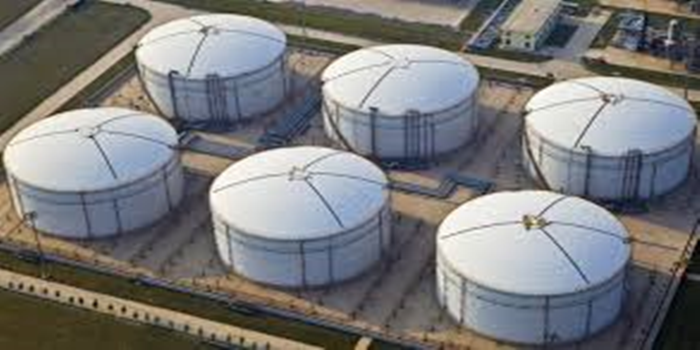Formally call DPR has reveals strategies for deregulated (petroleum products deregulation) Nigerian oil and gas downstream sector to deepened the oil and gas activities by private sector.
What is deregulation?
Deregulation generally means the lifting of government control and letting market forces work in the business by determining the market demand and supply.
What is deregulation of the petroleum sector?
Deregulation means that the Government will no longer continue to be the main supplier of Petroleum Products, but will encourage private sector to take over the role of supplying Petroleum Products.”
Read: How to Obtain Nigerian Oil and Gas Permits/ Licensing
The Minister of State for Petroleum Resources Chief Timipre Sylva says the deregulation of the downstream oil sector was to ensure economic growth and development of the country.
Sylva made this known in a statement in Abuja, on Thursday.
He said it was unrealistic to continue to subsidise the Premium Motor Spirit (PMS) also known as petrol as it had no economic value.
He urged Nigerians to ignore recent misguided comments and innuendos on the issue.
“It has become expedient for the Ministry of Petroleum to explain misconceptions around the issue of Petroleum Products Deregulation.
“After a thorough examination of the economics of subsidising PMS for domestic consumption, the government concluded that it was unrealistic to continue with the burden of subsidising PMS to the tune of trillions of naira every year.
“More so, when the subsidy was benefiting in large part the rich rather than the poor and ordinary Nigerians.
The Department of Petroleum Resources (DPR), has revealed plans to address emerging challenges in the downstream sector of Nigeria’s petroleum sector, as the country transits to a private sector-led industry.
Read: NUPRC Permit Requirements & Guild
The Federal Government had, in March, announced the deregulation of the sector, opting out of subsidy payment that gulped a whooping N10 trillion in the last 10 years.
While the Minister of State for Petroleum Resources, Timipre Sylva, had earlier said there was a need to strictly regulate the market to ensure marketers don’t profiteer on consumers, Director, DPR, Sarki Auwalu, said the approach to the sector would not only protect consumers, but also foster business growth and create opportunities.
Auwalu also said NUPRC would focus on quality for product assurance and customer satisfaction quantity for transparency, while also prioritising value for money and consumer protection, safety for personnel/assets and public safety as well as integrity for investment protection and business continuity.
He revealed this while hosting the members of the Depot and Petroleum Products Marketers Association of Nigeria (DAPPMAN). He said the Department would work with key bodies to achieve national aspirations for the downstream sector such as price freedom, optimum petroleum products distribution network, petroleum products supply sufficiency, and curbing of petroleum products cross border leakages.
Read: Nigerian Local Content Registration
Going by the declaration by Sylva to push alternative fuels and investment opportunities; Auwalu encouraged DAPPMAN to avail themselves of the opportunities. He asked the marketers to partner with DPR to enable value creation for investors and the government.
According to him, DPR has developed a Gas Business Incentives and Support Programme (GBISP), to drive gas expansion and penetration.
The director said key strategic initiatives such as implementation of the gas network code programme to encourage gas base industries (GBI’s), support for duty waivers consideration for equipment, tools and materials for downstream gas facilities, streamlined registration for LPG resellers, and the ongoing gas commercialisation programme have been put in place to achieve the GBISP.
Read: Nigerian Content Equipment Certificate (NCEC)
The Chairman of DAPPMAN, Winifred Akpani, in her remarks, commended the Department for its robust regulatory initiatives and engagements with stakeholders in the oil and gas sector, which has created the enabling environment for businesses. She said DAPPMAN would continue to support government policies, especially in its drive for price freedom in the downstream sector.

